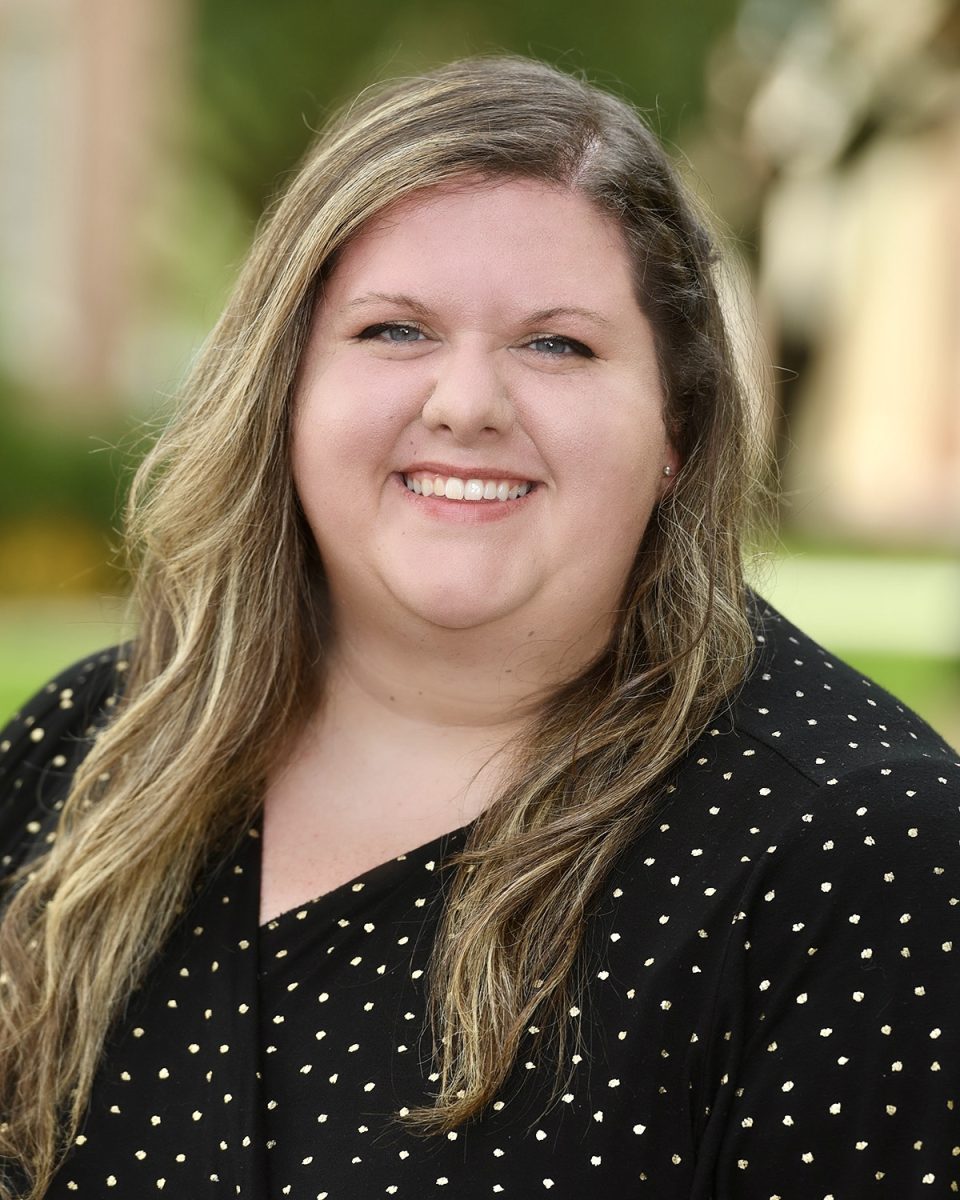When students apply for college, many universities require a foreign language credit to be on their submitted transcript. Unless these students pursue the language, at college, however, many will lose them.
If core requirements fail to include a foreign language or if university students do not pursue one, they may finish their academic career lacking an edge in competitive markets.
Legislators have introduced bills in Washington, Florida, New Mexico, Oklahoma and Texas that propose allowing a new language to replace the traditional foreign language requirement in high school computer programming or coding. Those who learn to code and program computers can be said to speak both a native language and their “coding language.” While these students are not bilingual in speech, some people seem to think that it is just as good.
According to the Washington Post, the sponsor of the New Mexico bill, Sen. Jacob Candelaria, says that he hopes these classes will give students the edge they need in today’s computer oriented world.
“Districts could still teach Latin, French or Spanish,” Candelaria said. “But it provides the incentive for them to incorporate coding into their curriculum without it being unfounded.”
In Kentucky, the senate Education Committee voted 10 to one to allow students to substitute coding for a foreign language class, and in December 2015, the Florida Senate passed Senate Bill 468, requiring schools to offer computer coding classes that fulfill the foreign language requirement at those schools by July 2016.
According to the Bureau of Labor Statistics, there will be an estimated 1.4 million jobs in computer science in 2020, but less than half a million graduates in the field to fill the positions at the time.
Sen. Jeremy Ring, who filed S.B. 468 in Florida, hopes for schools to have the same requirements for computer languages as foreign languages in an effort to help students into the field as easily as possible.
“If you can have computer language skills, you can communicate with people all over the world,” Ring said.
Some who teach foreign languages oppose the bills.
“We hate to see any other subject put in place of having students learn a foreign language,” said Marty Abbot, executive director of the American Council on the Teaching of Foreign Languages.
Abbot said that schools add coding and foreign language to their curriculum rather than replace one for the other.
Stacie Berdan, international career expert, felt similarly.
“Substituting one 21st century skill for another actually hurts students, not helps them,” Berdan said to the Huffington Post.
Berdan said that while coding is technically a language, it lacks the linguistic and interpersonal challenges one must overcome with a spoken language.
“Allowing computer science to replace foreign language credits may actually hinder a student’s ability to get into competitive colleges,” Berdan said.
According to NPR, colleges in most of the states with the proposed legislature would have the option of accepting the credit over a foreign language on the transcripts of incoming students, but in Florida, colleges would be required to accept the credit.
The USM Office of Admissions reports that incoming freshmen must have at least half a credit in a computer applications or programming course and two advanced electives such as foreign languages or higher maths.
Interim Dean of USM Admissions Ann Billings said the university currently holds no provisions for out-of-state student applications with the replaced credits.
“If it was a requirement in that state, we would certainly submit the application for review.” Billings said. “We’re guided by the policies set by the state IHL board.”
Billings said she has not heard of any plans for the board to change the policies.
“There would definitely be advantages to learning coding in high school,” said Paul Ferguson, a USM computer science major. “Students would start dealing with problem solving early on, too.”
Ferguson said while coding is very important in today’s word, he’s not sure if it should replace foreign language just yet.
For a career in programming, students who learn a second spoken language and learn a programming language could potentially benefit from learning these skills simultaneously.







































